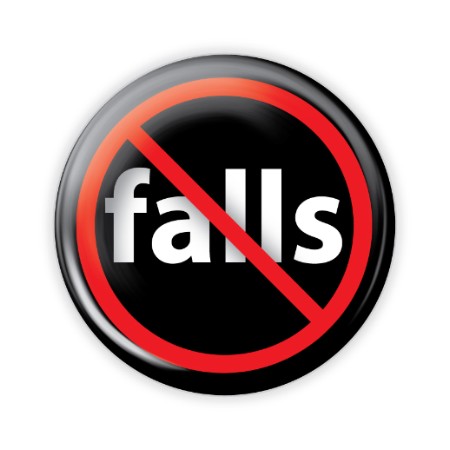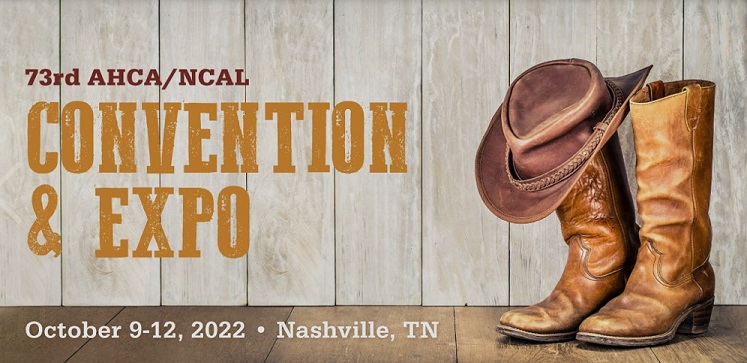AHCA/NCAL’s Gero Nurse Prep course significantly increases RNs’ gerontological nursing competency test scores. Registrant’s can save $200 on Gero Nurse Prep through November 15, 2022 with promo code ROP3GNP (all caps).
Specifically designed for registered nurses working in long term care, this curriculum provides comprehensive online training that leads to board certification in gerontological nursing by the American Nurses Credentialing Center (ANCC) for RNs.
- Two fewer deficiencies on average (5.71 citations versus the 7.55 national average in last cycle)
- Fewer Immediate Jeopardy (IJ) citations (1.60 versus the 2.27 national average)
- More stars — nearly twice as likely to be a CMS 5-Star facility (50% versus the 28% national average)
- Significantly lower re-hospitalization rates over the previous six years
- Significantly lower rates of off-label use of antipsychotics over the previous five years
- Significantly higher average SNF Value Based Purchasing scores (44.17 versus 34.42 for the nation). Higher SNF VBP Score = Higher Medicare Part A reimbursement rates.
Read more at https://www.ahcancal.org/News-and-Communications/Blog/Pages/AHCA-NCAL-Offers-Fall-Sale-on-Gero-Nurse-Prep.aspx









